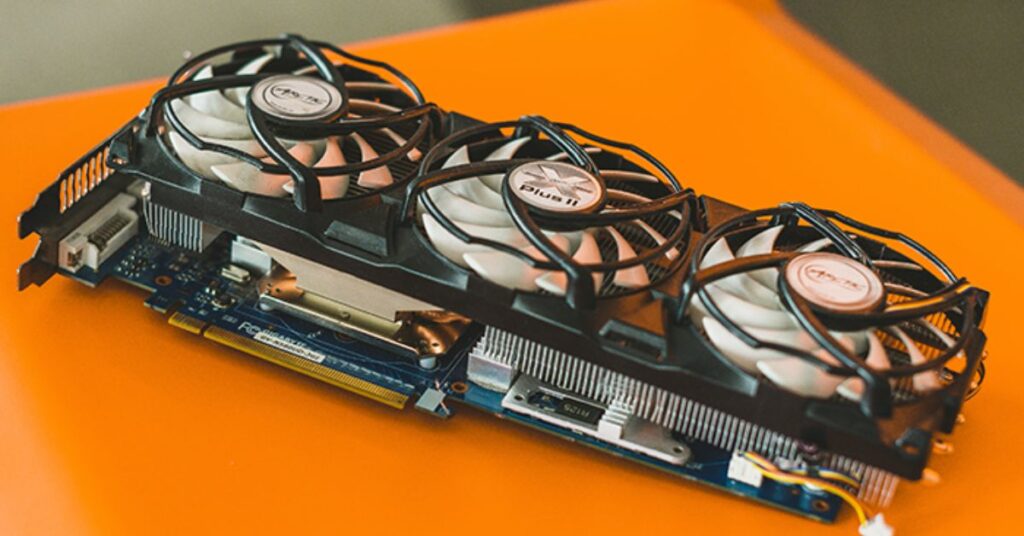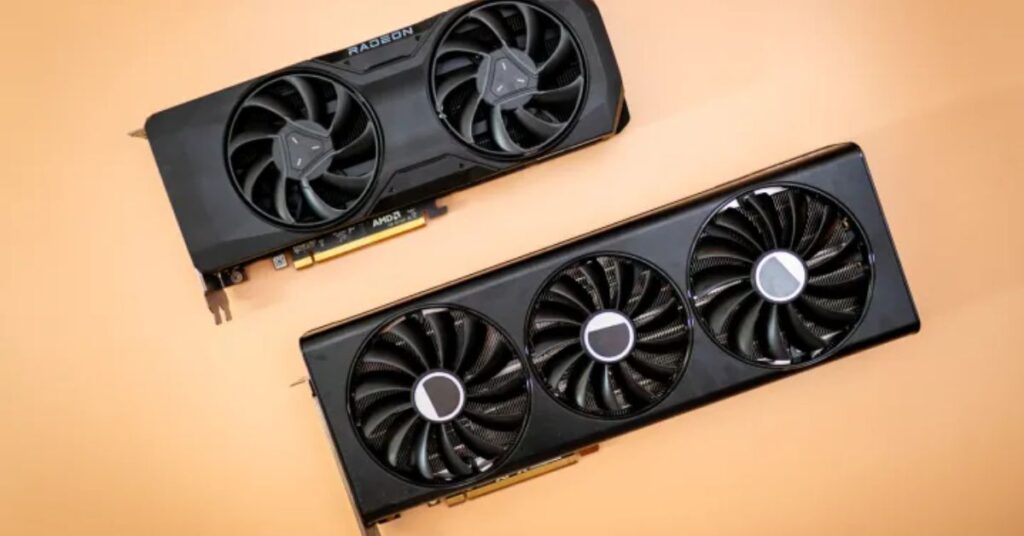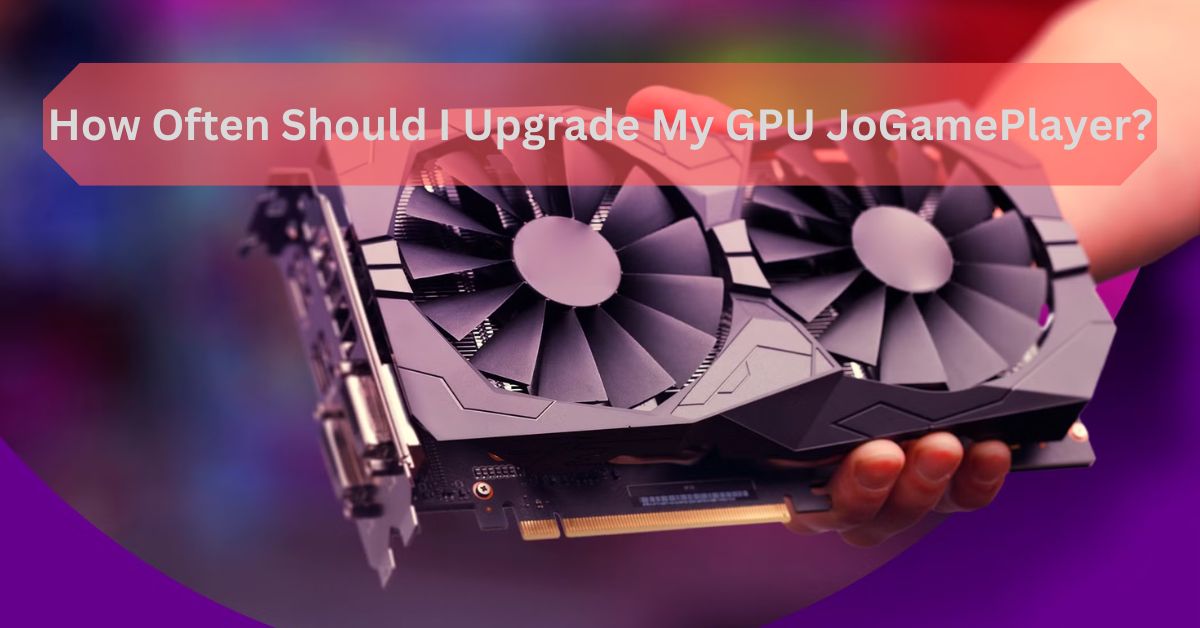Do you play many games and are unsure what your GPU (Graphics Processing Unit) could do with an upgrade? With such a rate of ever-shifting gaming, the frequency of such upgrades is quite the problem, much like the old question of time to upgrade the hardware.
Whether you are using the newest high-end pc games or simple flash games, the right time to upgrade must be learned to enjoy the game entirely.
In this article, I shall review the causes of the GPU upgrade cycles and some tell-tale signs that suggest you need an upgrade, among other things.
What does GPU stand for, and why is it necessary?
A GPU is the essence of your gaming PC. It also handles graphical data to give us a real-life feel, thus allowing higher-resolution gameplay we enjoy. It encompasses how well open-world games are rendered, from racing car games and first-person shooters in eSports to real-life simulating games.
A powerful GPU is essential for avid gamer’s on JoGamePlayer to enjoy the latest titles with cutting-edge graphics. But how often do you need to upgrade?
Factors That Determine GPU Upgrade Frequency:

1. Gaming Preferences and Goals:
- Casual Gamer’s: If you enjoy older or less demanding games, upgrading every 5-6 years might suffice.
- Competitive Gamer’s: For those chasing high frame rates in eSports games, an upgrade every 2-3 years ensures you stay ahead.
- AAA Title Enthusiasts: Fans of blockbuster games with stunning graphics should consider upgrading every 3-4 years.
2. Hardware Compatibility:
Ensure your GPU is compatible with your other components, like the CPU and motherboard. An old GPU in modern technology can cause a bottleneck that affects the whole computer’s performance.
3. Emerging Technologies:
Some of these technologies that can change the future of gaming include tracing, DLSS (Deep Learning Super Sampling), and VR (Virtual Reality). If your current GPU does not support these features, then now may be the right time to invest in new hardware.
4. Performance Standards:
Check the FPS and the graphics settings your GPU has provided to your computer. If your favorite games fail to give you 60 FPS at medium settings, it is high time you upgrade.
Read More: Juvgwg-Blending Technology and Creativity for a Productive Lifestyle
How To Tell When It Is Time To Upgrade Your GPU:
1. Poor Performance in New Games:
If you experience your frame rates drop dramatically, or if your GPU is having a hard time running the latest games, it may be already outdated. For instance, you may be developing a game that requires 60 FPS, and for some reason, you are getting less than 30 FPS, so you have a problem with the available GPU.
2. New Features Not Supported:
Most of today’s games and apps leverage features not present in older GPU’s, like DirectX12 or ray tracing. If your GPU does not support these, you cannot enjoy current enhanced graphics.
3. Excessive Heat and Noise:
Overheating GPU’s working at maximum capacity for basic tasks is a sign they’re no longer efficient.
4. Limited Compatibility with New Hardware:
Older GPU’s may bottleneck overall system performance as CPU’s and other hardware components evolve.
How Long Does a GPU Typically Last?

GPU’s are built to last between 4-6 years under regular use. However, gaming trends, technological advancements, and personal preferences may shorten this timeline.
The Lifespan Breakdown:
- 1-2 Years: Top-notch performance; ideal for high-end gaming.
- 3-4 Years: Still reliable but may struggle with ultra settings in newer titles.
- 5+ Years: Limited functionality for modern games; suitable for older titles or secondary systems.
Read More: PCnet Dergisi Otan-A Pioneer in Turkish Tech Journalism
How Future-Proof Is Your Current GPU?
- VRAM Capacity: GPU’s with at least 8GB of VRAM handle modern games more effectively.
- Ray Tracing and DLSS: These features enhance graphics and performance in supported games.
- Driver Support: Continued driver updates are crucial for compatibility with new games.
What are the benefits of upgrading my GPU?
- Improved Gaming Performance: A newer GPU is always valuable for improving frame rates and graphics of modern games, and you can always play them with higher details or resolutions.
- Better Rendering and Editing: For anyone into graphic design, video editing, or 3D rendering, a strong GPU increases rendering time for large projects and increases the project’s capabilities for more significant tasks and quality.
- Enhanced Multitasking: A more powerful GPU can improve the overall performance of multitasking, especially in applications that can be boosted with the help of GPU, such as software for data analysis or artificial intelligence.
- Improved Cooling and Efficiency: Save for the latest iterations of GPU’s, most might come with inferior cooling systems, which tend to create noise or even affect hardware longevity by causing unnecessary heating.
- Support for VR and Higher-Quality Graphics: A powerful GPU is essential to build up enough performance and quality, especially if you need superior graphic performance for virtual reality or other applications that require high-end graphic processing.
Alternatives to Upgrading:
Upgrading isn’t always the only solution. Consider these alternatives:
1. Overclocking:
Pushing your GPU slightly beyond its factory settings can temporarily boost performance. Ensure proper cooling to avoid overheating.
2. Streaming Services:
Cloud gaming platforms like NVIDIA GeForce NOW or Google Stadia allow you to play demanding games without requiring high-end hardware.
Tips for Prolonging Your GPU’s Lifespan:
- Regular Cleaning: Dust can clog vents and reduce cooling efficiency.
- Optimal Settings: Avoid pushing your GPU to its limits with overly aggressive settings.
- Updated Drivers: Install the latest drivers to maintain compatibility and performance.
- Efficient Cooling: Ensure your PC has proper airflow and cooling systems.
Read More: 315-442-5267-What Does It Mean
FAQs:
1. Should You Upgrade for Every New GPU Release?
While GPU manufacturers release new models frequently, upgrading for every release is unnecessary. Instead, consider whether the new GPU offers a significant performance leap compared to your current one.
2. Can I extend the life of my current GPU?
Yes, through regular maintenance, driver updates, and optimizing in-game settings.
3. How do I ensure compatibility when upgrading my GPU?
Check your system’s motherboard, power supply, and case dimensions for compatibility.
Conclusion: Making the Right Choice:
Determining whether to upgrade your GPU or how often is a function of gaming frequency, wallet, and desired frame rates. To JoGamePlayer enthusiasts, it helps to know what’s new in the competencies realm to make your gaming experience as smooth as possible.










